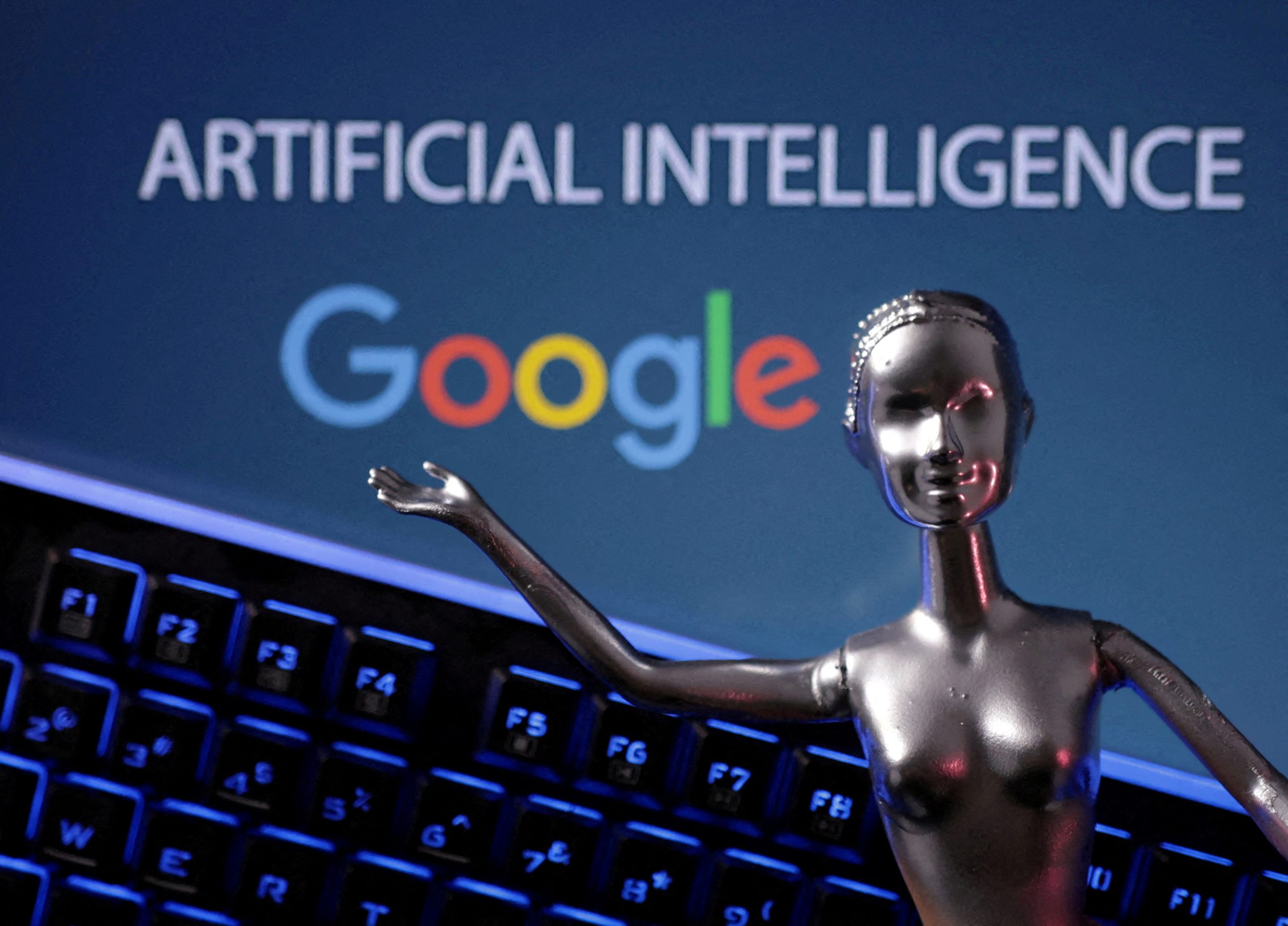
Artificial intelligence (AI) is revolutionizing online advertising, particularly on platforms like Google Ads and Facebook Ads. By leveraging AI technologies, marketers can optimize their campaigns, enhance targeting, and ultimately improve return on investment (ROI). This blog explores how AI is being implemented in Google Ads and Facebook Ads, highlighting key features, benefits, and future trends.
Understanding AI in Online Advertising
AI refers to computer systems that simulate human intelligence, including learning, reasoning, and self-correction. In the context of online advertising, AI uses vast amounts of data to make real-time decisions, optimize ad placements, and personalize user experiences. Both Google and Facebook utilize AI to streamline processes and enhance the effectiveness of their advertising platforms.
Benefits of AI in Google Ads and Facebook Ads
- Enhanced Targeting: AI analyzes user data to identify the most relevant audiences, improving ad targeting and reducing wasted spend.
- Automated Campaign Management: AI tools automate bid adjustments, budget allocation, and ad placements, allowing marketers to focus on strategy rather than manual tasks.
- Real-Time Analytics: AI provides real-time insights into campaign performance, enabling marketers to make data-driven decisions and optimize their strategies on the fly.
- Improved Ad Creativity: AI can assist in generating ad copy and visuals, ensuring that ads are engaging and tailored to specific audiences.
AI Implementations in Google Ads
1. Smart Bidding
Google Ads offers Smart Bidding, a suite of automated bidding strategies powered by machine learning. Smart Bidding analyzes various factors, such as device, location, time of day, and user behavior, to set optimal bids for each auction, maximizing conversions or revenue.
2. Responsive Search Ads
Responsive Search Ads allow advertisers to input multiple headlines and descriptions. Google’s AI then tests different combinations to determine which perform best. This adaptability ensures that ads are relevant to user queries, improving click-through rates (CTR).
3. Audience Insights
Google’s AI tools analyze user behavior to create detailed audience segments. Advertisers can leverage these insights to refine targeting and create more personalized ad experiences. Features like In-Market Audiences and Custom Intent Audiences help reach users who are likely to convert.
4. Performance Max Campaigns
Performance Max campaigns utilize AI to optimize ad performance across Google’s inventory, including Search, Display, YouTube, and Gmail. The AI automatically adjusts creative assets and targeting to maximize conversions based on the advertiser’s goals.
AI Implementations in Facebook Ads
1. Automated Ads
Facebook’s Automated Ads feature simplifies the ad creation process by guiding advertisers through setup. AI helps determine the best audience, placement, and budget, making it easier for businesses to launch effective campaigns quickly.
2. Dynamic Ads
Dynamic Ads automatically show relevant products from a catalog to users who have expressed interest. AI analyzes user behavior and preferences to display the most appealing products, increasing the likelihood of conversion.
3. Lookalike Audiences
Facebook’s Lookalike Audiences feature uses AI to identify new potential customers who share similar characteristics with existing customers. This allows advertisers to reach a broader audience while maintaining relevance.
4. A/B Testing Automation
Facebook’s A/B testing tools utilize AI to optimize ad performance. Advertisers can test different creatives, audiences, and placements, and AI automatically identifies the best-performing variations, streamlining the optimization process.
Future Trends in AI for Online Advertising
1. Greater Personalization
As AI technology advances, advertisers will be able to create even more personalized ad experiences based on real-time data and user interactions, improving engagement and conversion rates.
2. Enhanced Predictive Analytics
AI will increasingly enable predictive analytics, allowing marketers to forecast user behavior and optimize ad strategies proactively. This will lead to more effective budgeting and resource allocation.
3. Ethical AI Practices
As AI becomes more integrated into advertising, ethical considerations will grow in importance. Advertisers will need to ensure transparency and fairness in targeting practices to maintain consumer trust.
4. Integration with Augmented Reality (AR)
AI will enhance AR capabilities in ads, providing immersive experiences that engage users in innovative ways. This could revolutionize product marketing, particularly in retail and e-commerce.
Conclusion
AI is transforming the landscape of online advertising on platforms like Google Ads and Facebook Ads. From enhanced targeting to automated campaign management, these technologies are enabling marketers to optimize their strategies and achieve better results. As AI continues to evolve, staying informed about the latest trends and implementations will be crucial for businesses looking to thrive in the competitive digital advertising space. Embracing AI not only improves ad performance but also helps brands connect more meaningfully with their audiences.
